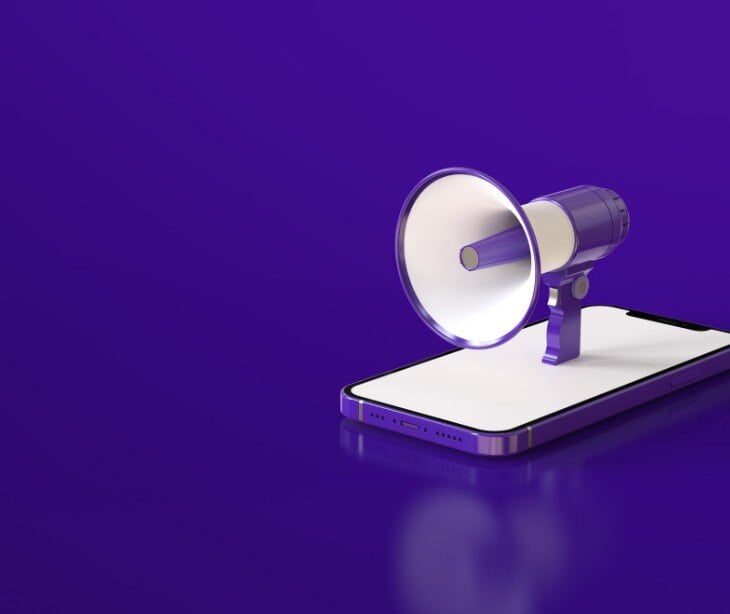
Yes, HIPAA applies to face-to-face marketing as it allows providers to engage in this form of marketing without requiring prior consent.
Does HIPAA apply to face-to-face marketing?
HIPAA generally requires healthcare providers to obtain written consent from patients before using or disclosing their protected health information (PHI) for marketing purposes. There are, however, exceptions that allow for face-to-face interactions without prior consent. A journal article published in the Nebraska Law Review notes, “Remunerated marketing considered part of health care operations fell roughly within three categories: face-to-face communications, communications concerning products and services of ‘nominal value, and communications concerning’ health-related products and services.”
As part of remunerated marketing, providers can engage in direct, in-person marketing communications without needing to secure authorization from patients. This is permissible as long as the communications do not use PHI in a manner that would typically require authorization. The exception allows for personal interaction between doctor and patient. Promotional gifts of nominal value can also be distributed without requiring patient consent to support marketing efforts.
How to ensure all marketing remains HIPAA compliant
- Understand marketing definitions and exceptions: Healthcare providers must understand how HIPAA defines marketing and how consent is handled. While marketing involving PHI requires consent, face-to-face marketing does not.
- Staff training: Employees should be well versed in HIPAA, especially regarding what constitutes PHI and the implications of using it for marketing purposes.
- Developing clear policies: Clear policies should be used to outline the procedures for obtaining patient authorization when necessary, how to respectfully market to patients in person, and protocols for handling patient testimonials.
- Use HIPAA compliant email platforms: When using email for marketing purposes, make sure to only use HIPAA compliant email marketing platforms like Paubox. Explicit consent should be in place before sending marketing emails, as well as clear opt out mechanisms.
- Business associate agreements: If third-party vendors are involved in any marketing activities that use PHI, healthcare providers should have a business associate agreement (BAA) in place.
FAQs
What are the exceptions to patient consent?
Exceptions to patient consent under HIPAA include disclosures for treatment, payment, and healthcare operations, as well as public health purposes and emergencies.
What is the difference between consent and authorization?
Consent refers to a patient’s agreement to allow for the use of their PHI. Authorization is a more formal process that requires explicit written permission.
Can providers receive remuneration from pharmacies?
Yes, providers can receive remunerations from pharmacies for certain activities as long as they comply with HIPAA and do not involve the improper use of PHI without consent.
Subscribe to Paubox Weekly
Every Friday we'll bring you the most important news from Paubox. Our aim is to make you smarter, faster.



